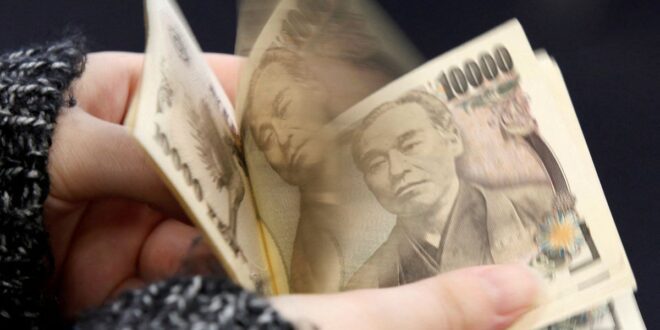The euro falls on weaker-than-expected activity data
SYDNEY/LONDON, July 24 (Reuters) – The euro slid on Monday after activity data in key economies came in much softer than expected, giving markets a jolt at the start of a week packed with central bank meetings at which investors expect rate hikes in Europe and the United States.
Pound also drops on disappointing British activity data
The European common currency fell 0.4% to $1.1083 , skidding after a quiet Asian session on PMI data that showed euro zone business activity shrank much more than expected in July.
The pound dropped after British activity data, but less dramatically and was last down 0.1% at $1.2839.
Lower euro zone growth affects euro’s range expectations
Simon Harvey, head of FX analysis at Monex Europe, said slower euro zone growth would reduce the likelihood of “the portfolio inflows needed to take the euro back to its pre Ukraine war ranges of $1.12 to $1.20”.
Central bank meetings and earnings reports to watch
There is plenty more for investors to watch this week – the Federal Reserve concludes a meeting on Wednesday, followed by the European Central Bank (ECB) a day later and the Bank of Japan on Friday, as well as earnings from many heavyweight companies.
Investors expect both the ECB and Fed to raise rates by 25 basis points and the focus in both cases is on the signals they send around their September meetings. Softening inflation gauges might allow the Fed room to hint at a pause.
Market expectations for a soft-landing scenario in the U.S.
“The last week left markets believing in a soft-landing scenario for the U.S. markets where the (Fed) ends its hikes … and then sees a steady drop in CPI without a recession,” said Bob Savage, head of markets strategy at BNY Mellon.
Potential surprises from the Bank of Japan meeting
The Bank of Japan (BOJ) is the most likely of the three central banks to throw up a market-moving surprise, traders say, with a tweak to its yield curve control policy seen as a possibility.
The yen strengthened with the dollar down 0.47% at 141.2 yen , and the euro down 0.7% at 156.6 yen.
Potential policy tightening cycle with the BOJ
Last Friday the Japanese currency dived to as weak as 141.92 per dollar, also sliding on crosses, following a Reuters report that the BOJ was leaning towards keeping its yield curve control policy unchanged, though volatility gauges have spiked as the meeting looms.
“If the BOJ adjusts its YCC programme, financial markets will likely take it as the start of a policy tightening cycle regardless of the BOJ’s rationale. Under such a scenario we consider USD/JPY and EUR/JPY can lose about 2‑4 yen on the day,” analysts at Commonwealth Bank of Australia wrote.
Steady Swiss franc and dollar index
The Swiss franc was steady at 0.8648 per dollar, and the dollar index was up 0.1% at 101.2.
Reporting by Tom Westbrook; Editing by David Holmes and Jacqueline Wong
Trust Principles of Thomson Reuters
Source
 Mind Uncharted Explore. Discover. Learn.
Mind Uncharted Explore. Discover. Learn.



